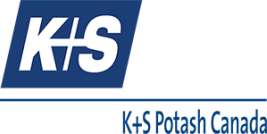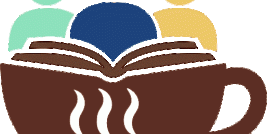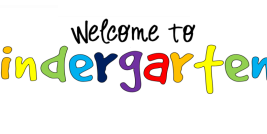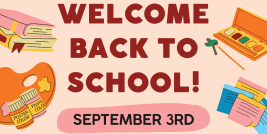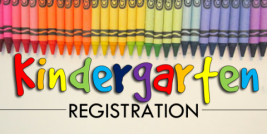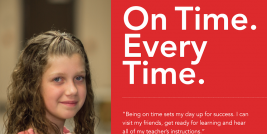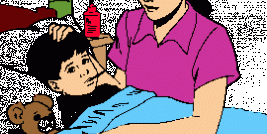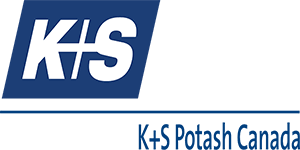
Kiskinwahamâtowin: Learning Together
Land based learning is more than being outside of the classrooms four walls but it encompasses Indigenous teachings, cultural exposure, experiencing Indigenous art forms as well as being on the land. At Thomson these experiences have included: highlighting and experiencing workshops in Indigenous dance, music and games for our National Indigenous People’s Day Celebration, canoeing, planting tobacco and sage, hand games with Elder Dickie, development of our drum group and a trip to Wascana Trails to learn about medicines.
June is the month for planting. Garden boxes have been placed in front of Thomson school which are growing flowers, vegetables and traditional medicine beds where tobacco has been growing for the past four years and this year we have added sage. Growing traditional medicines within Indigenous cultures is vital for preserving ancestral knowledge, promoting cultural identity, and supporting holistic health practices rooted in deep relationships with the land.
Our National Indigenous People’s Day will feature six categories of Powwow dancers with both male and female dancers. Many of our guest dancers are family members of our students, community members with ties to Thomson and students themselves who are eager to demonstrate dance and share their connection between personal identity and Indigenous dance forms. Workshops in the morning will include expert dancers who show students how to dance a basic Crow Hop and side steps. Our NIPD celebration also includes a workshop in playing the spoons, learning how to sing the Metis national anthem and a variety of Indigenous games.
Tim Sweeney is an expert at canoeing and on three occasions in June, he has taken senior students to Wascana Lake to share his skills and deepen his connection to the land and water through canoeing practices.
Elder Dickie has been in several classrooms teaching us a traditional hand game, where students learn more than just the game rules—they develop teamwork, sharpen their observational skills, and strengthen their communication with one another through respectful play. Students who have had more than one in-class workshop are now confident enough with the rules and game that they can work with the classroom teacher to facilitate the game.
On our trip to Wascana Trails, we had the opportunity to observe the early growth of Indigenous medicine plants in their natural environment. As we walked the trails, we learned to recognize and respect these plants, understanding their traditional uses and cultural importance.
Our land based learning program is more than just being out on the land; it encompasses a variety of learning opportunities in and outside of the classroom. We are grateful for out partnership with K+S Potash Canada that makes this program possible.


